Top 5 Alternatives to WordPress for Modern Developers in 2025

Introduction
WordPress has been a dominant player in the CMS space for years, but the web development world is rapidly evolving. Modern developers now seek platforms that offer greater flexibility, better performance, and scalability to meet their advanced project needs. From integrating seamlessly with modern frameworks to handling dynamic content, the demand for innovative CMS solutions is higher than ever.
In this blog, we’ll explore the top five WordPress alternatives for 2025 and help you find the one that best aligns with your goals.
What Makes a Modern CMS Stand Out?
To keep up with the demands of developers and businesses, a modern CMS should excel in these areas:
Flexibility: Support for unique designs, workflows, and integrations.
Performance: Optimized for speed and seamless content delivery.
Scalability: Capable of handling projects of any size.
Developer Tools: APIs, SDKs, and support for frameworks like React and Vue.
Security: Strong protection against vulnerabilities and threats.
These features are the foundation of the CMS platforms highlighted below.
Top 5 Alternatives to WordPress in 2025
As the digital landscape grows more complex, developers need CMS platforms that offer cutting-edge features and workflows. Here are five of the best alternatives to WordPress in 2025:
1. Orbitype (The Innovative Newcomer)
Orbitype redefines the CMS experience with its Headless architecture, combining simplicity with powerful tools. It unifies content, data, and tools under a single platform, making it perfect for developers working on modern web applications.
Key Features:
Unified data management for seamless integration.
Auto-adapting APIs for compatibility with frameworks like React and Vue.
Real-time graphical dashboards for actionable insights.
Scalability for small-scale projects and enterprise-level applications.
Ideal for: Developers balancing simplicity and advanced functionality across diverse projects.
Learn more: Strapi Alternative: Orbitype Headless CMS
2. Contentful (The Enterprise Solution)
Contentful is a leader in API-first Headless CMS solutions, designed for businesses that prioritize multi-channel content delivery and advanced scalability.
Key Features:
Reliable multi-channel content management.
Comprehensive tools for handling complex structures.
Advanced API support for large-scale applications.
Enterprise-grade scalability with high performance.
Ideal for: Large organizations managing extensive content across platforms.
Explore: Contentful vs. Orbitype: Which CMS Fits Your Needs Best?
3. Strapi (The Open-Source Powerhouse)
Strapi is an open-source CMS that offers unmatched flexibility and customization. Its self-hosted approach gives developers full control over every aspect of their CMS.
Key Features:
Open-source freedom with extensive plugin support.
Compatibility with GraphQL and REST APIs.
Highly customizable content structures.
A vibrant developer community for support and resources.
deal for: Developers needing a customizable CMS with self-hosted options.
Find out more: Strapi Alternative: Orbitype Headless CMS
4. Sanity (The Collaborative CMS)
Sanity is a cloud-based platform built for teams working on dynamic, data-driven projects. Its real-time collaboration tools and structured content management system make it a favorite for distributed teams.
Key Features:
Real-time collaboration for distributed teams.
Customizable content models for structured workflows.
Developer-friendly APIs and seamless integrations.
Scalable infrastructure for growing projects.
Ideal for: Teams managing complex, collaborative content workflows.
Compare: Sanity’s Alternative: Orbitype as the Superior Headless CMS
5. Ghost (The Content-Focused Option)
Ghost is a minimalist CMS tailored for bloggers and publishers, focusing on simplicity and speed. It offers built-in SEO tools and performance enhancements.
Key Features:
Lightweight design optimized for content delivery.
Built-in SEO tools for improved visibility.
Simplified setup for quick deployment.
A clean and distraction-free writing experience.
Ideal for: Bloggers and publishers focused on content creation.
Comparing the Features
Here’s how these platforms stack up:
Orbitype: Flexibility, advanced integrations, and seamless scalability.
Contentful: Enterprise-level capabilities for complex structures.
Strapi: Open-source freedom with extensive customization.
Sanity: Collaboration tools for dynamic teams.
Ghost: Speed and simplicity for content-first projects.
How to Choose the Right CMS
The ideal CMS depends on your project needs and technical expertise. Consider the following:
Project Goals: For diverse projects, Orbitype offers the versatility you need.
Skill Level: Beginners may prefer Ghost’s simplicity, while advanced developers can explore Strapi or Contentful.
Frameworks: Orbitype’s APIs seamlessly connect with modern frameworks like React and Vue.
Budget: Strapi’s open-source model is budget-friendly, but Orbitype’s pricing caters to all project sizes.
Scalability: Contentful and Sanity handle large-scale applications, while Orbitype balances scalability and ease of use.
Conclusion
As the need for advanced CMS platforms grows, choosing the right alternative to WordPress comes down to your specific requirements. Whether you value flexibility, collaboration, or simplicity, these options stand out in 2025. Among them, Orbitype emerges as a versatile choice, offering innovative features for developers and teams alike.
Get Started Today
Our Website/App: Orbitype Website
Try for Free and Register Here: Register Now
Join Our Community: Orbitype Discord
Follow Us on Social Media:
Read more
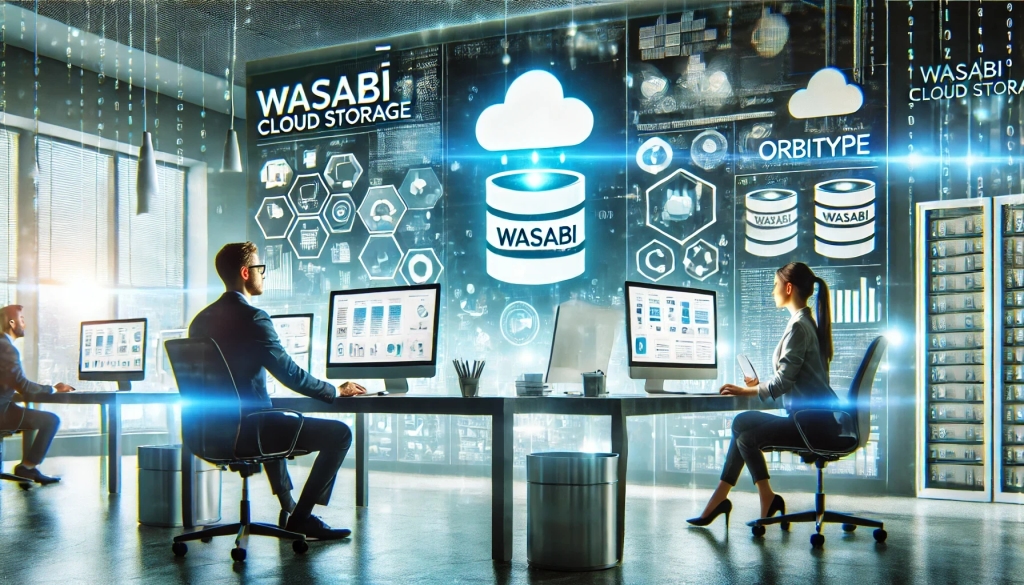
Seamless Data Management: Integrating Wasabi Cloud Storage with Orbitype
Boost your CMS performance with Wasabi Cloud Storage and Orbitype integration. Learn how this cost-effective, scalable solution enhances data management and delivers exceptional results.
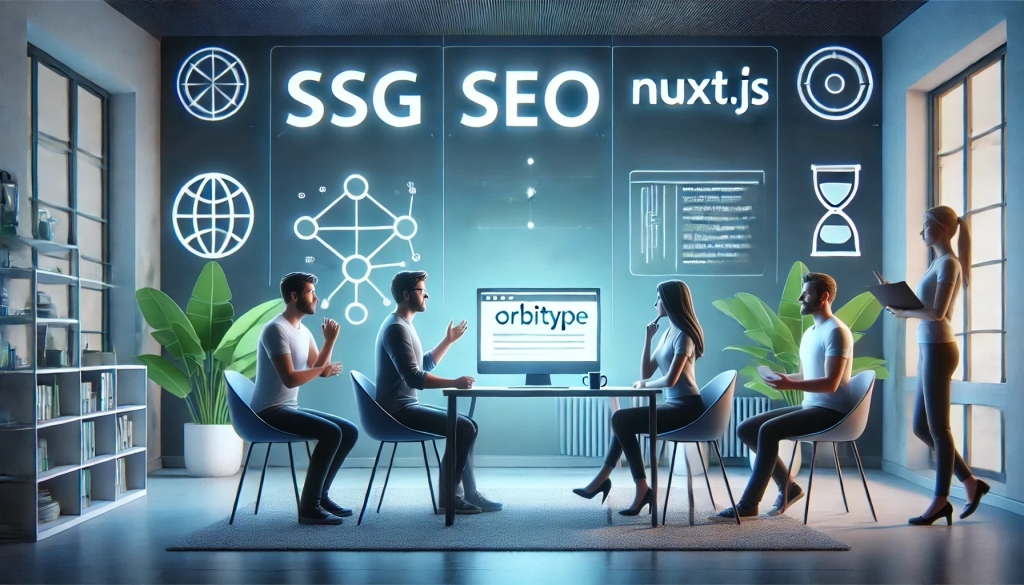
Integrating Orbitype with Nuxt.js for Optimal Performance and SEO
Leveraging Orbitype, a robust headless CMS, with Nuxt.js, a Vue.js framework, provides developers a powerful solution for building fast, SEO-optimized websites. This blog post explores how the integration of Orbitype and Nuxt.js harnesses the benefits of static site generation (SSG) and server-side rendering (SSR), thanks to Orbitype's API-driven content management system.
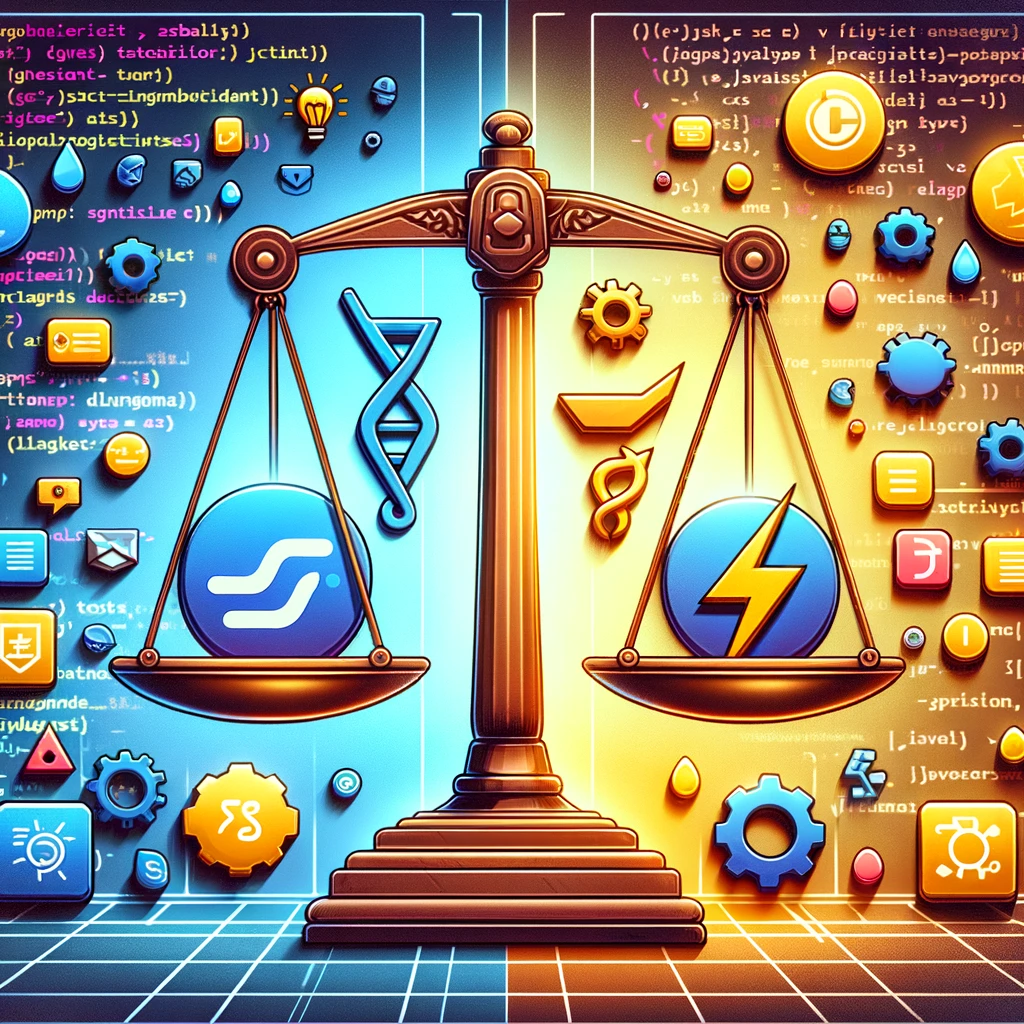
TypeScript vs. JavaScript
Discover the synergy between TypeScript and JavaScript for web development. Learn how Orbitype supports Nuxt CMS, headless CMS for Nuxt, and future-ready digital trends.
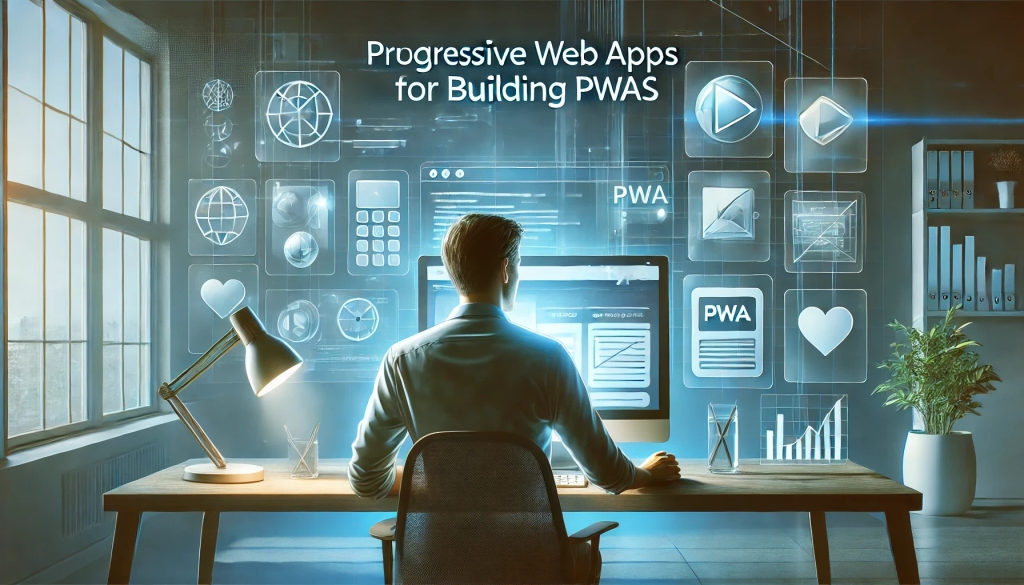
Building Progressive Web Apps (PWAs) with Orbitype
Explore how Orbitype enhances Progressive Web Apps (PWAs) with optimized performance, offline capabilities, and seamless content management for superior user experiences.
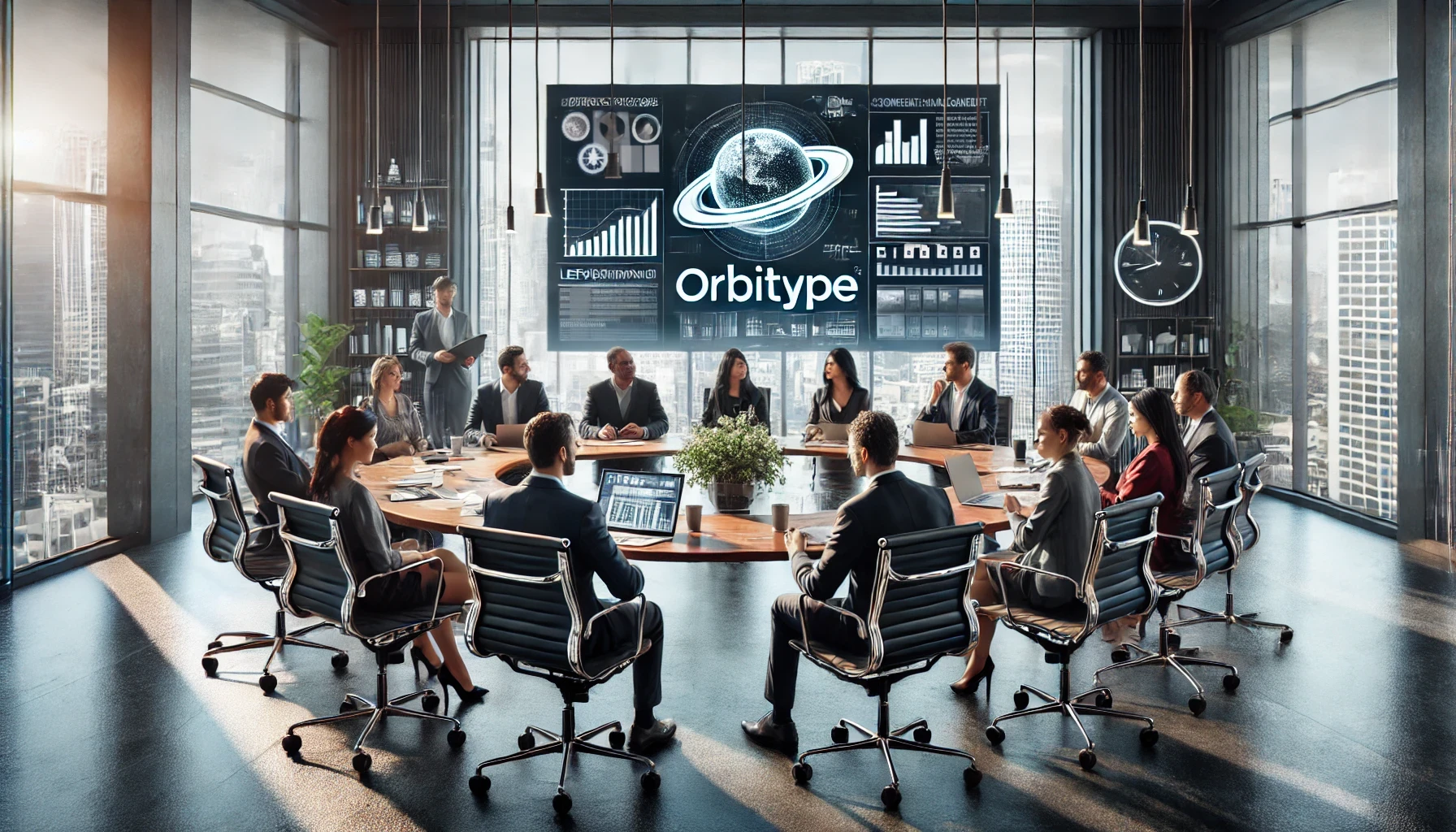
Leveraging Orbitype for Efficient Content Management in E-Commerce
nhance your e-commerce performance with Orbitype CMS. This scalable headless CMS simplifies content management, boosts SEO, and seamlessly integrates with Shopify, WooCommerce, and Magento for dynamic, flexible solutions.

Mastering Third-Party Integrations with a Headless CMS for Efficient Workflows
Streamline workflows and scale your business with seamless third-party integrations using Orbitype's flexible headless CMS—designed for efficiency, automation, and growth.
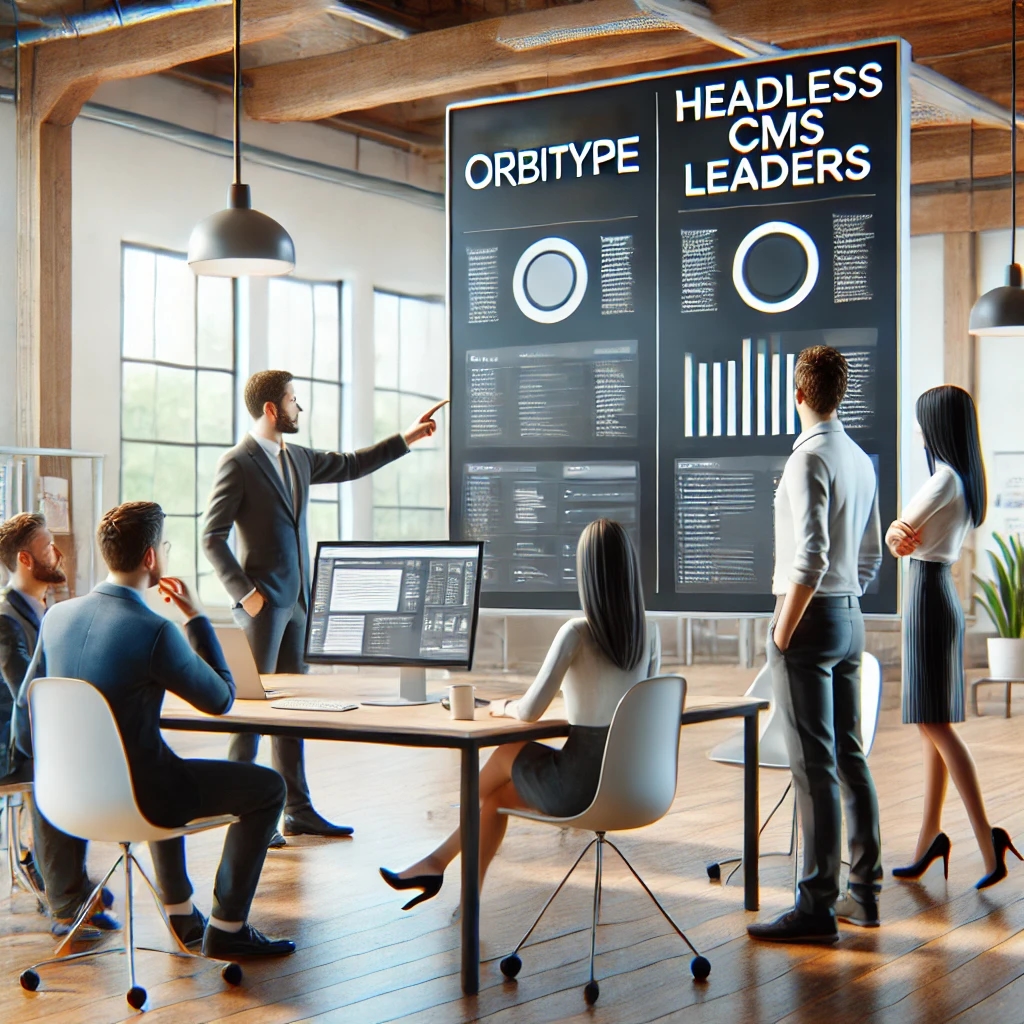
How Orbitype Compares to Headless CMS Leaders in 2025
Struggling to choose the best CMS? Discover how Orbitype compares to headless CMS leaders in 2025, solving complexity and scalability challenges with ease. Try Orbitype!
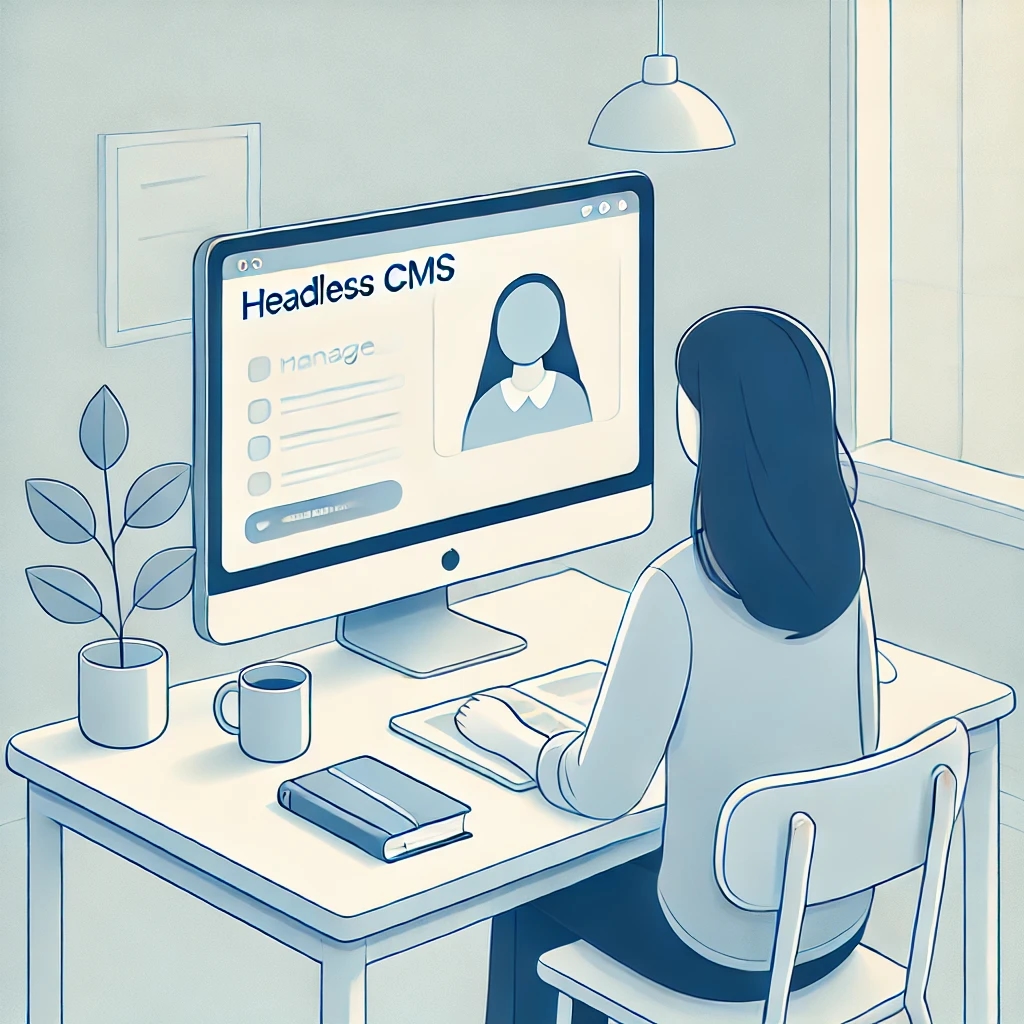
How Educational Institutions Benefit from Headless CMS for Online Learning
Enhance online learning with a Headless CMS. Discover how centralized content management, scalability, and seamless multi-channel access can transform educational platforms.
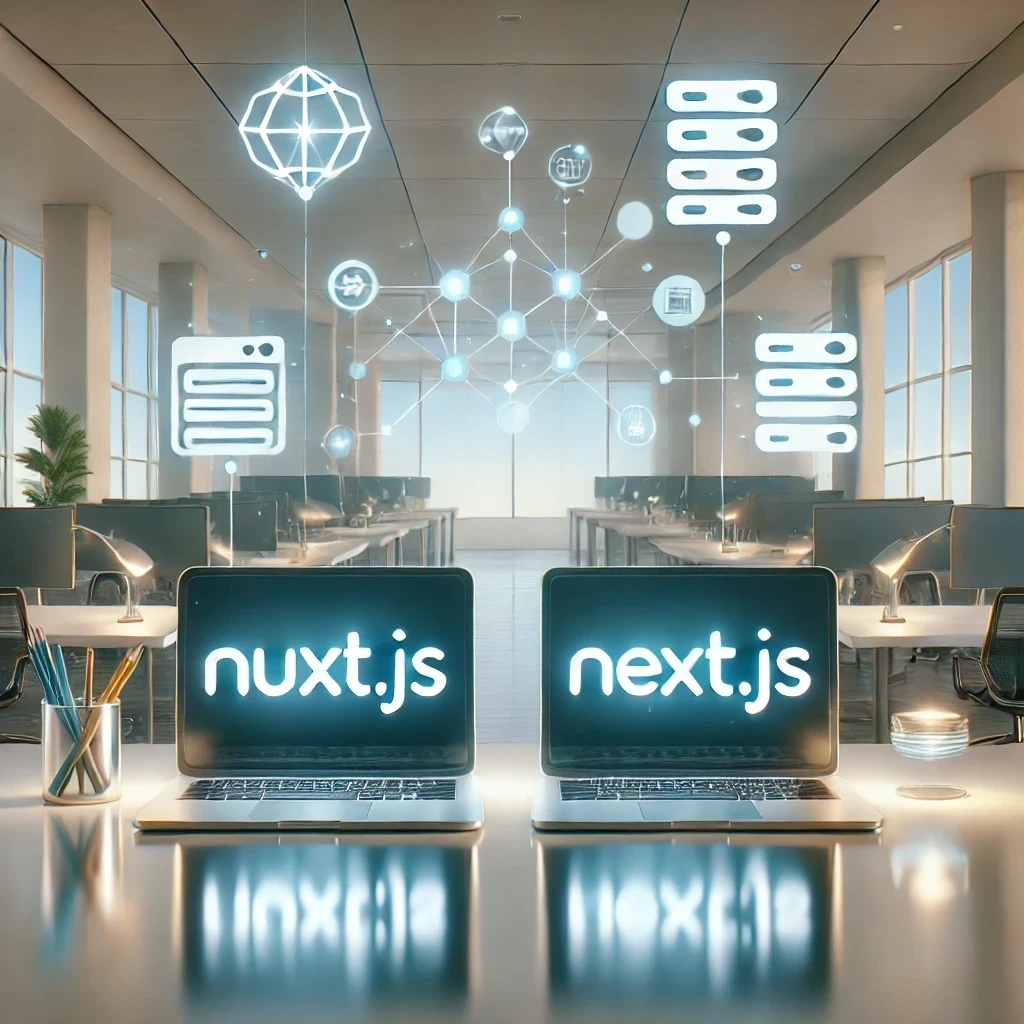
Nuxt vs Next: Which Framework Works Best with Headless CMS?
Compare Nuxt.js and Next.js to find the best frontend framework for your Headless CMS. Discover which offers better performance, scalability, and flexibility for dynamic web projects.
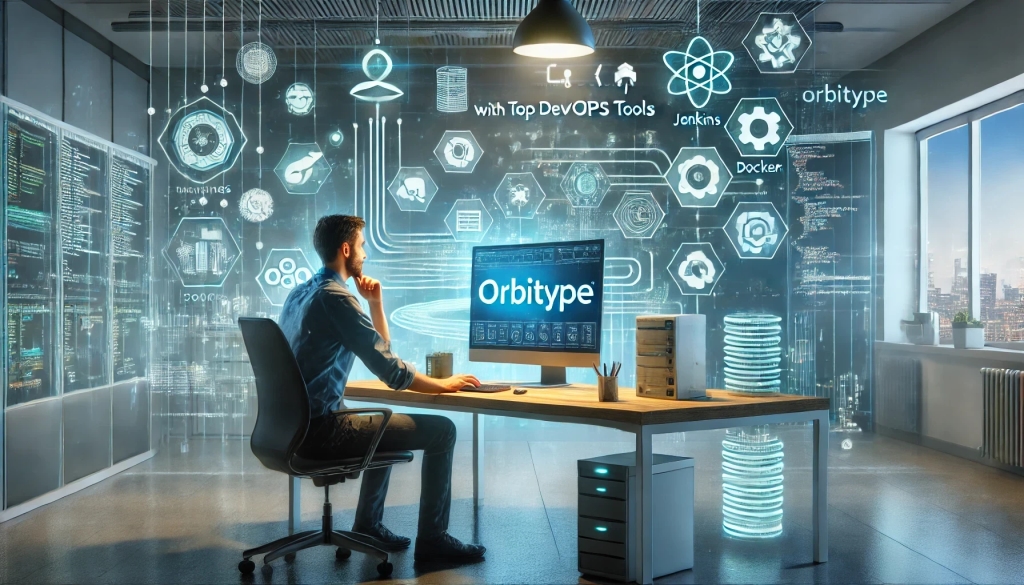
Streamlining Development: Integrating Orbitype with Top DevOps Tools
Discover how to integrate Orbitype with leading DevOps tools like Jenkins, Docker, and Kubernetes. Learn best practices for automating deployments, containerizing Orbitype, and scaling efficiently while streamlining workflows for continuous integration and delivery.
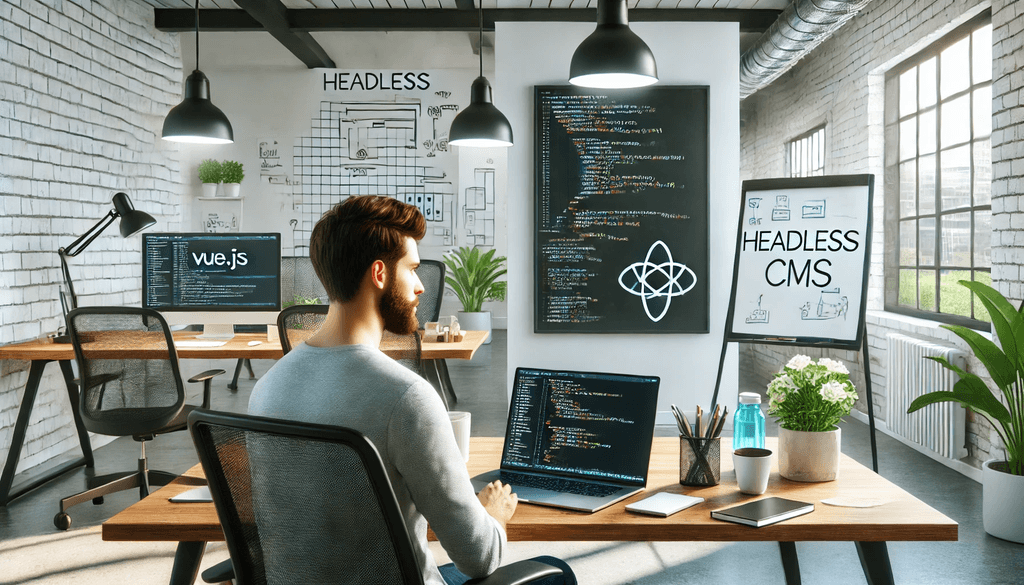
Building High-Performance Vue Apps with a Headless CMS
Discover how to optimize Vue.js apps with a Headless CMS for high performance, scalability, and SEO. Learn best practices and tools for creating dynamic web apps.

SQL or NoSQL: What's Best for Mobile Applications Using Orbitype?
Explore Orbitype, the ultimate headless CMS for React developers, offering seamless content management, enhanced performance, and flexibility to create dynamic web applications with ease. Learn how Orbitype simplifies workflows and boosts productivity.
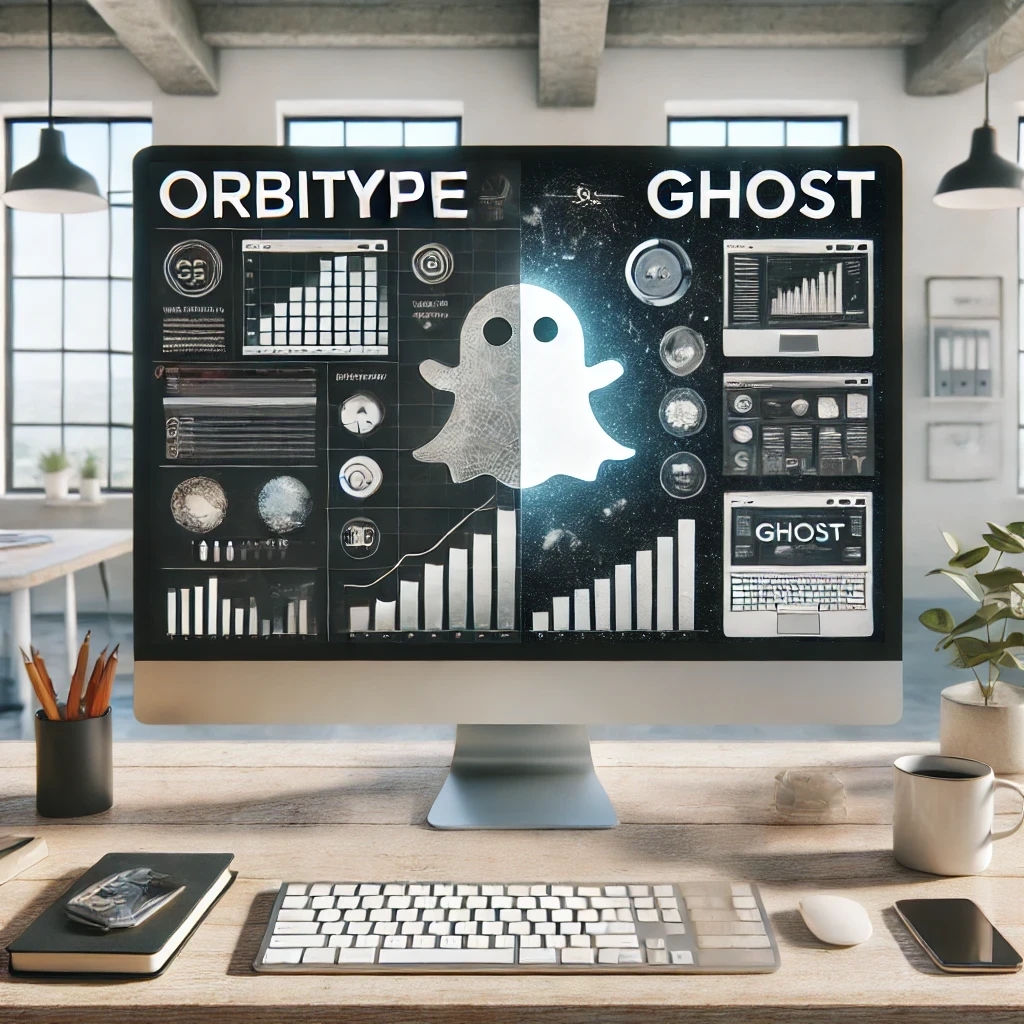
Comparing Orbitype and Ghost: Best CMS for Blogging in 2025
Compare Orbitype and Ghost to find the best CMS for blogging in 2025. Discover which platform suits your goals, from scalability to simplicity and dynamic content
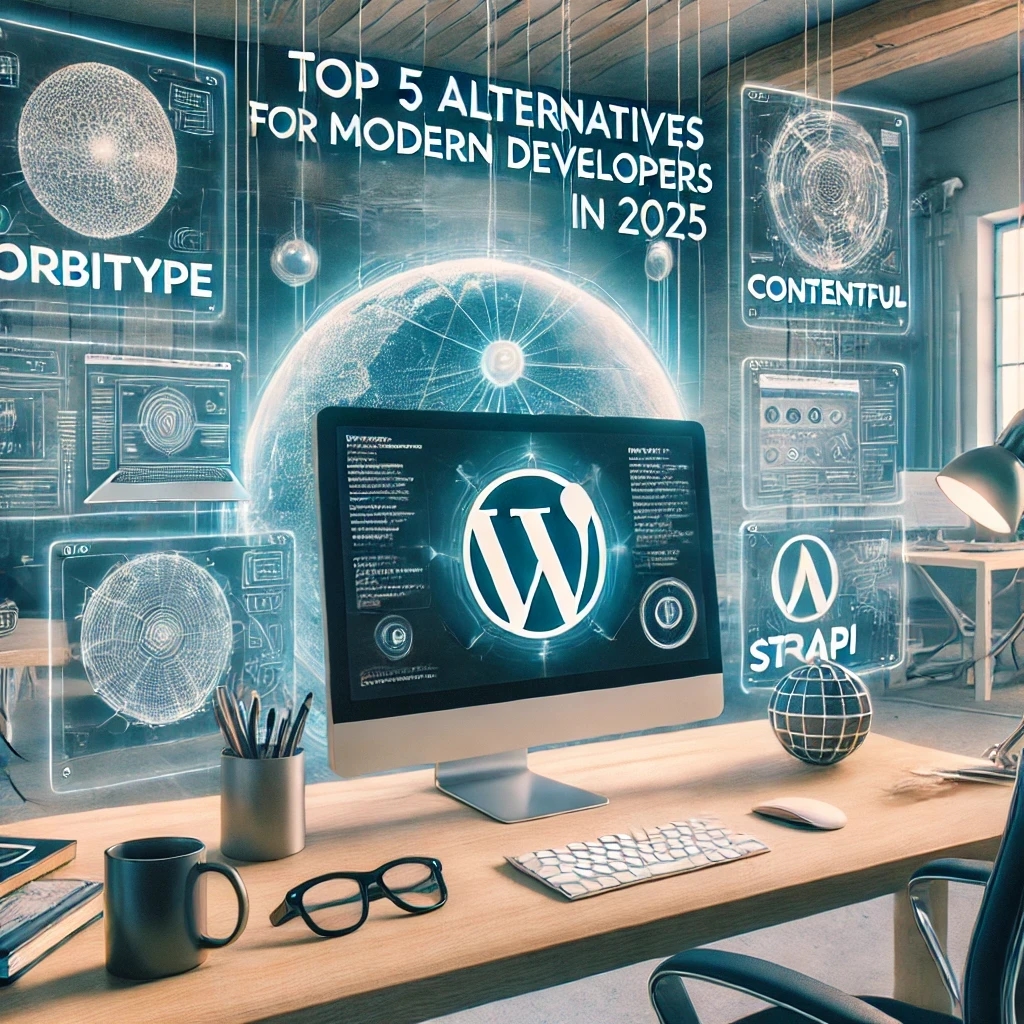
Top 5 Alternatives to WordPress for Modern Developers in 2025
Discover the top WordPress alternatives for 2025, including Orbitype, Contentful, and Strapi. Explore modern CMS platforms offering scalability, flexibility, and cutting-edge tools for developers.

Security and Compliance in Headless CMS: Focus on Orbitype
Explore headless CMS security with Orbitype: advanced authentication, data encryption, and compliance with GDPR & CCPA. Learn best practices for secure CMS operations.

10 Tips for Optimizing Core Web Vitals in Headless CMS Websites
Discover 10 actionable tips to optimize Core Web Vitals for Headless CMS websites. Improve performance, SEO, and user experience with these essential strategies.
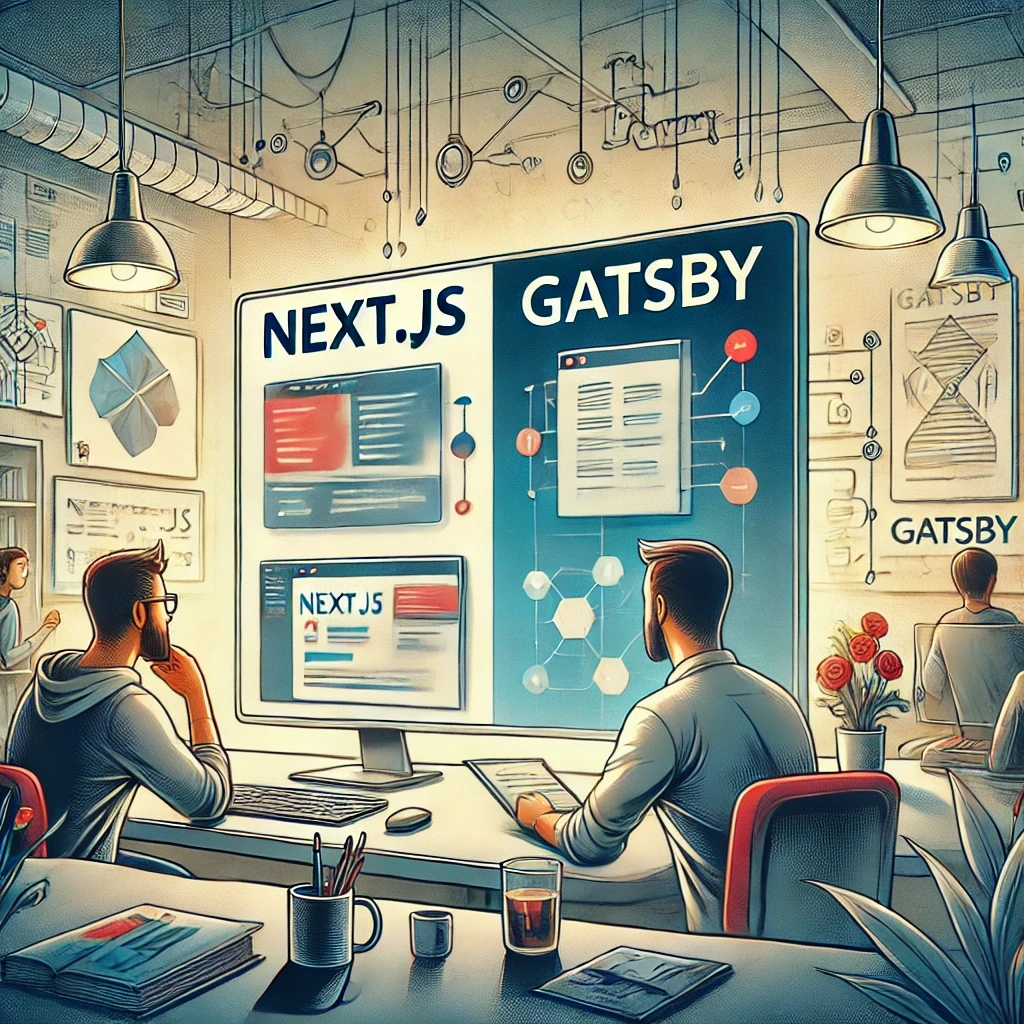
Next.js vs Gatsby: Which Works Best With a Headless CMS?
Choosing between Next.js and Gatsby can be challenging when working with a Headless CMS. This guide breaks down their strengths and helps you decide which framework works best for your dynamic or static content needs.

CMS for Vue.Js - Orbitype Headless CMS
Explore Orbitype, the best Headless CMS for Vue.js, offering seamless API integration, dynamic content management, and unmatched performance for interactive front-end development.
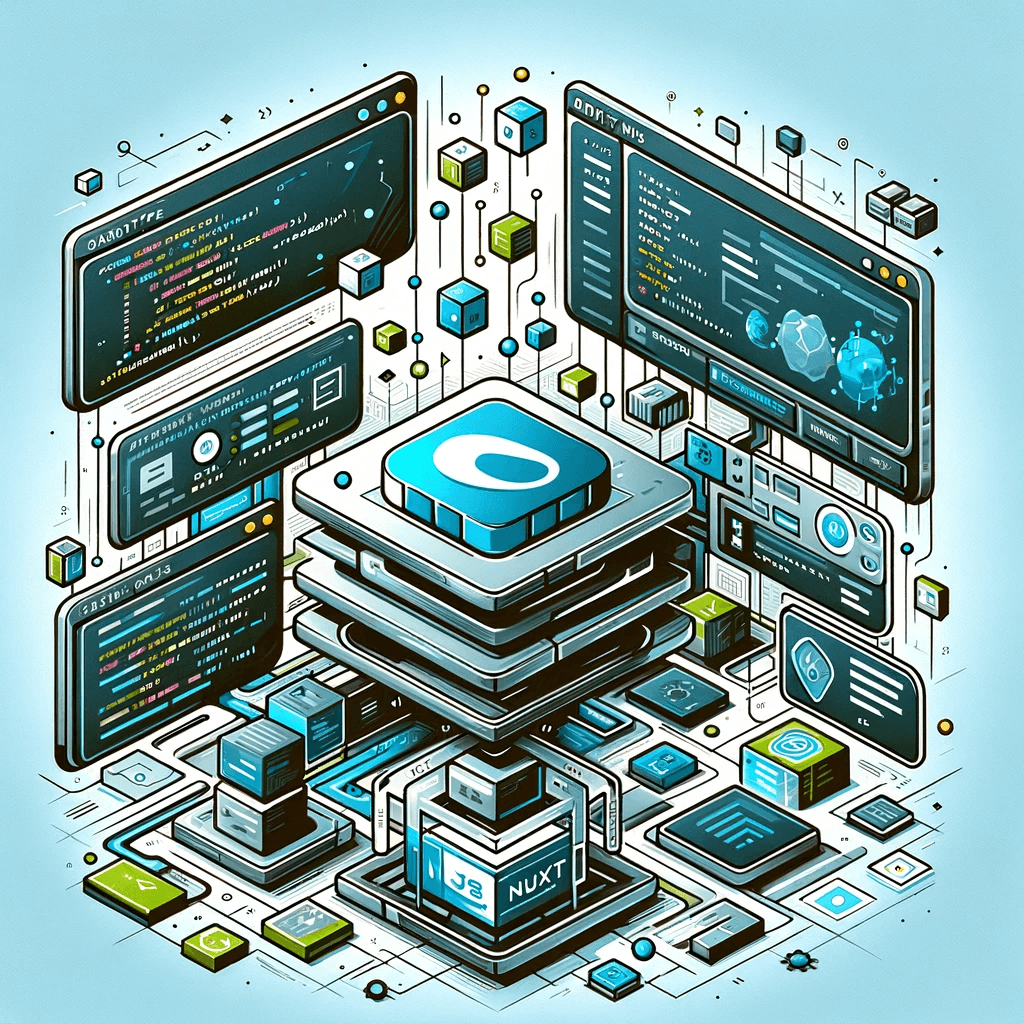
CMS for Nuxt - Orbitype Headless CMS
Optimize your Nuxt.js projects with Orbitype, the API-first Headless CMS offering scalable content management, multimedia repositories, and enhanced SEO for modern web applications.
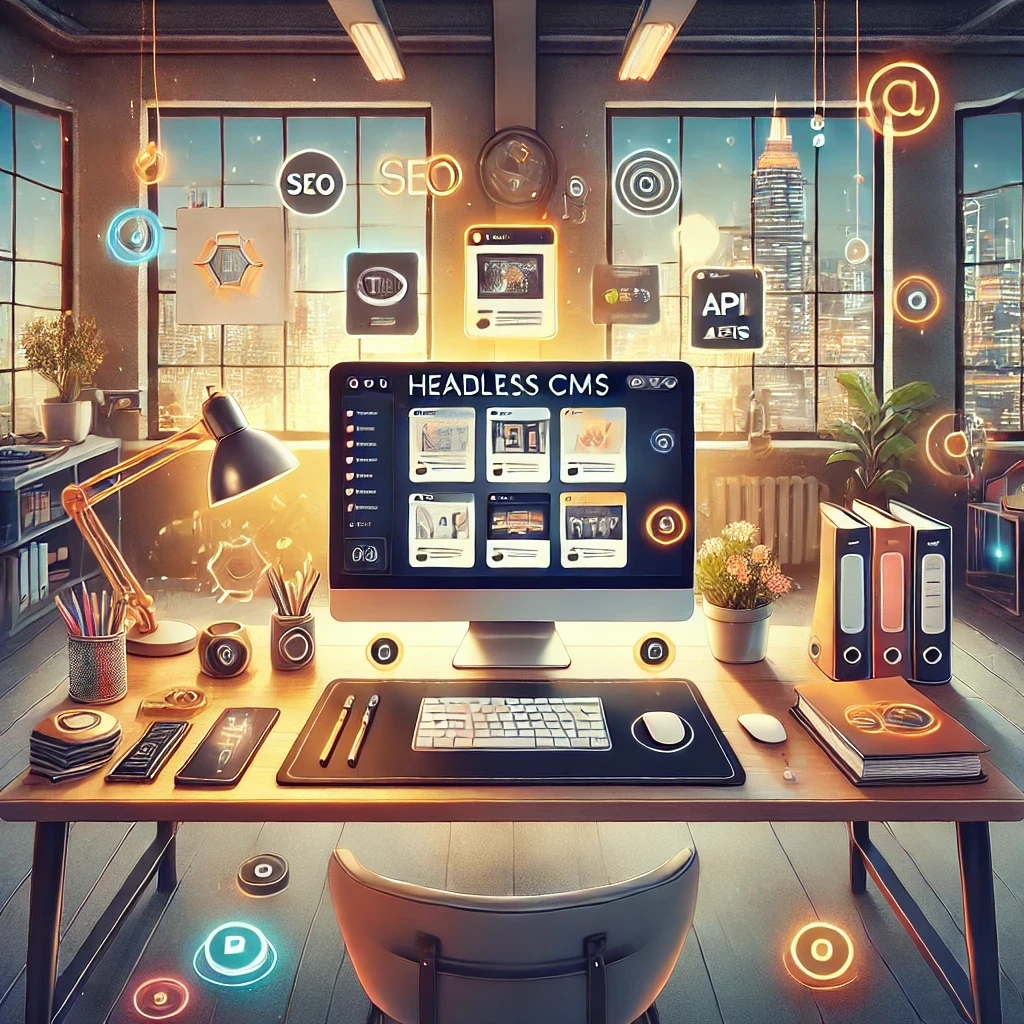
Best Headless CMS Solutions for Portfolio and Personal Websites
Showcase your work with ease using Orbitype—the ultimate Headless CMS for portfolio and personal websites. Enjoy seamless integration, powerful customization, and SEO-friendly features designed for creators and developers.
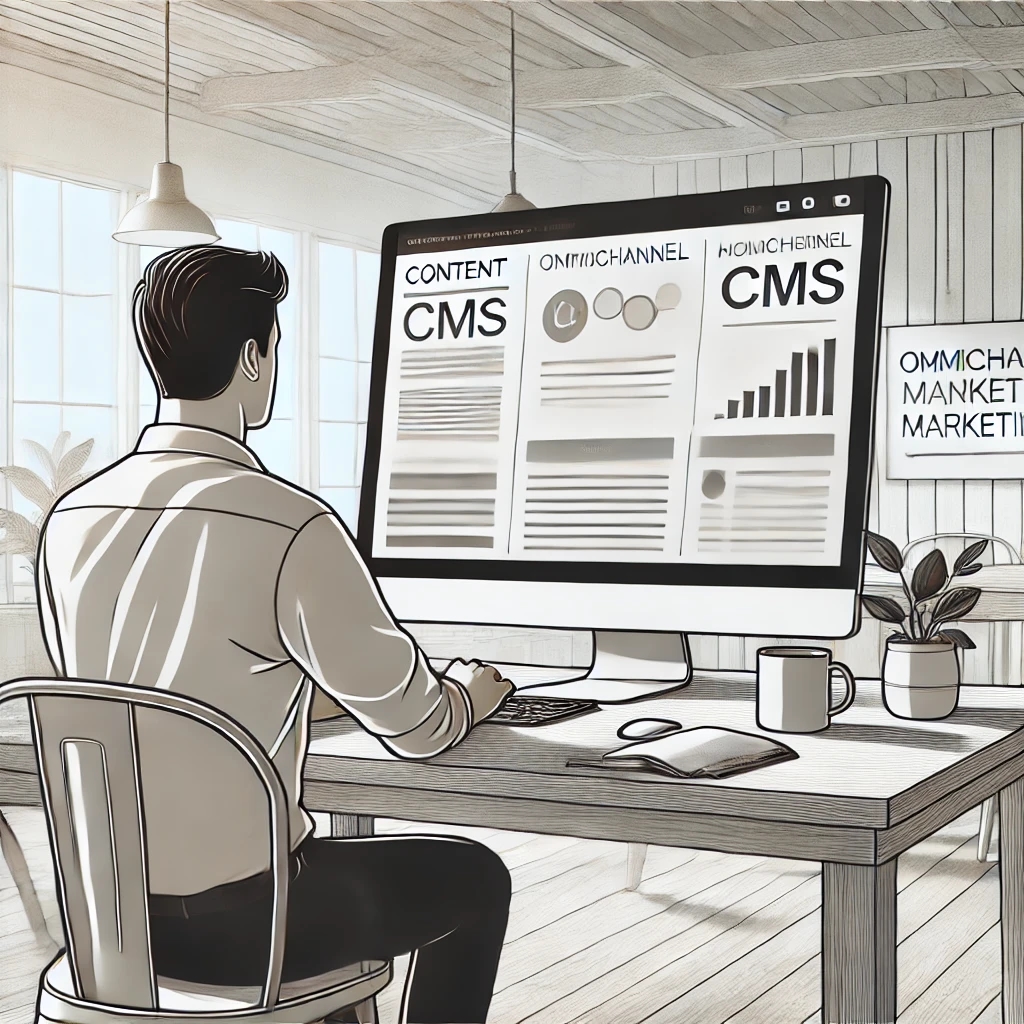
How Headless CMS Empowers Omnichannel Marketing Strategies
Boost your omnichannel marketing strategy with a Headless CMS. Centralize content management, deliver personalized customer experiences, and ensure consistency across platforms.
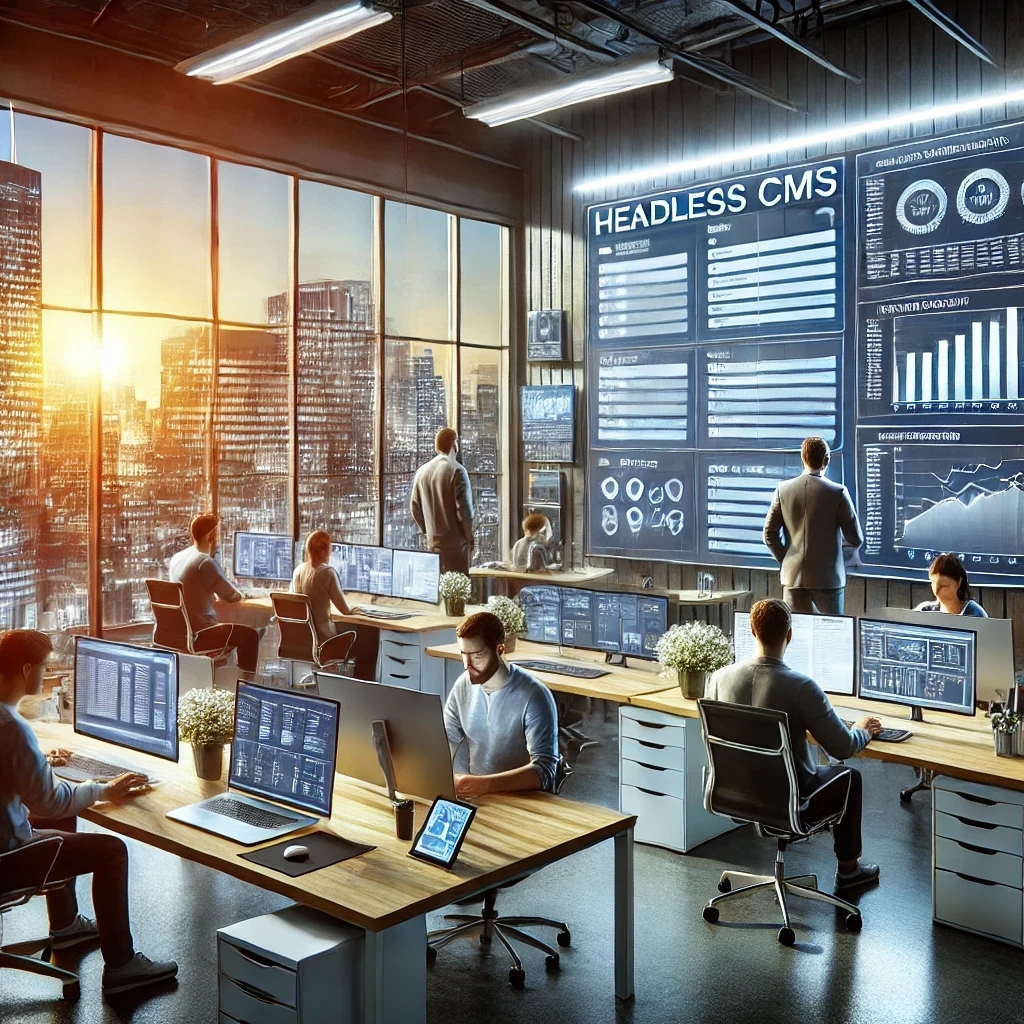
How to Scale Your Website with a Headless CMS for High Traffic
Scale your website effortlessly with a headless CMS like Orbitype—achieve faster load times, seamless scalability, and reliable performance during high-traffic surges
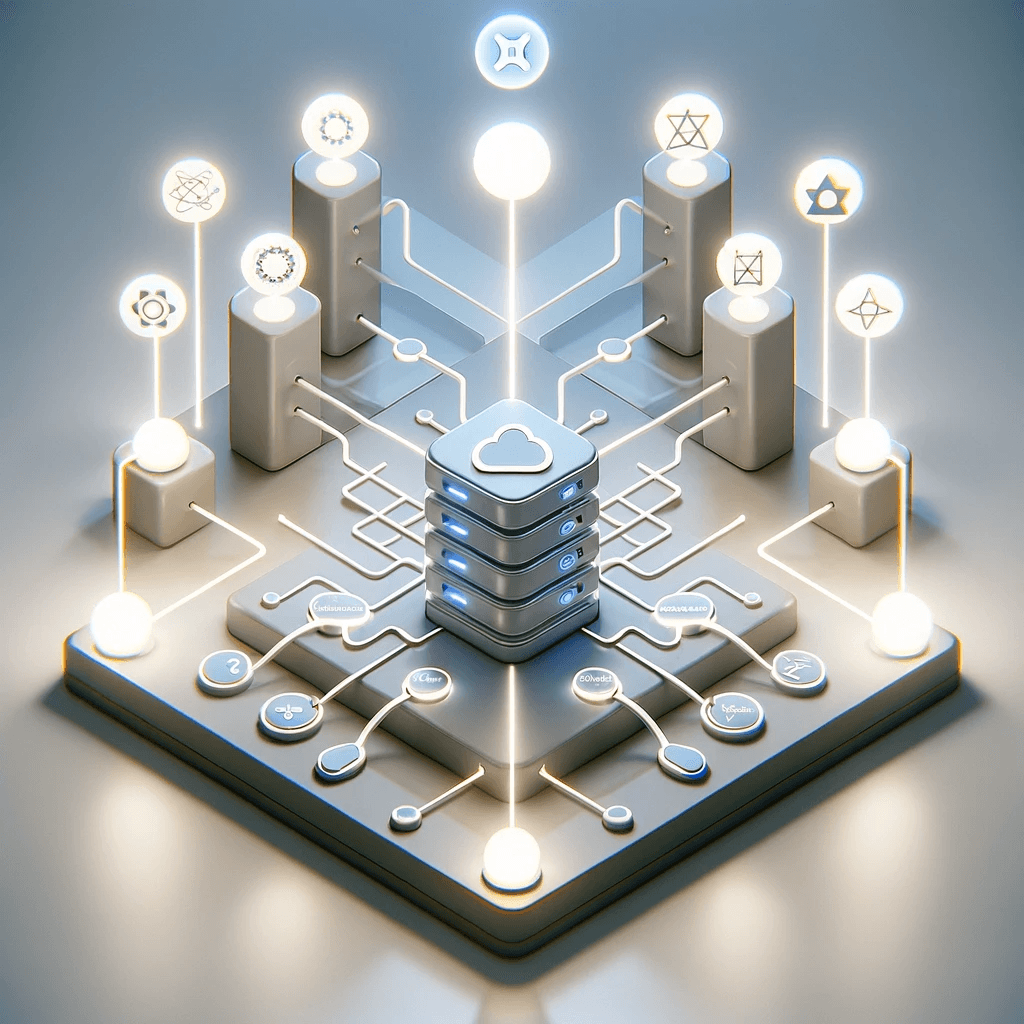
CMS for React - Orbitype Headless CMS
Orbitype is the ideal CMS for React developers, combining seamless API integration, flexible content management, and scalability to create fast, dynamic, and customizable web applications effortlessly.
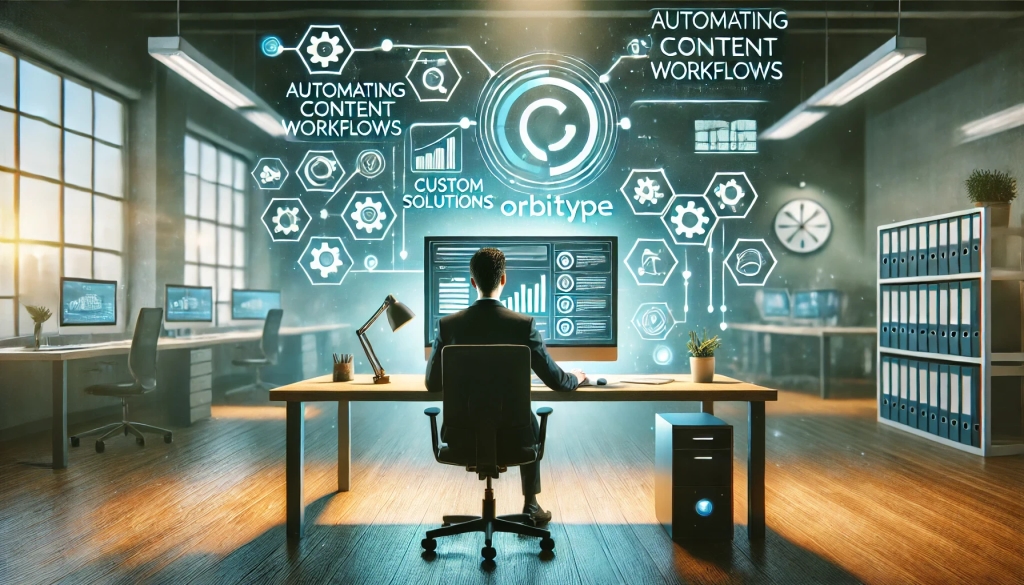
Automating Content Workflows with Orbitype’s Custom Solutions
Discover how Orbitype's custom CRM and ERP solutions revolutionize content workflows. Automate processes, reduce manual tasks, and improve productivity for software development agencies with tailored tools for seamless collaboration and efficiency.